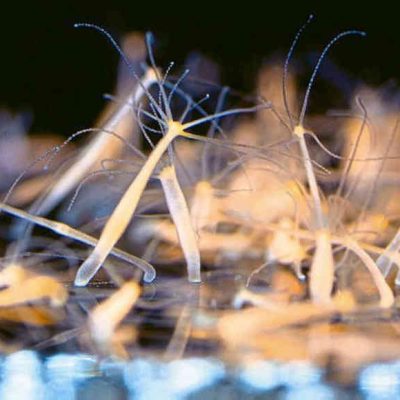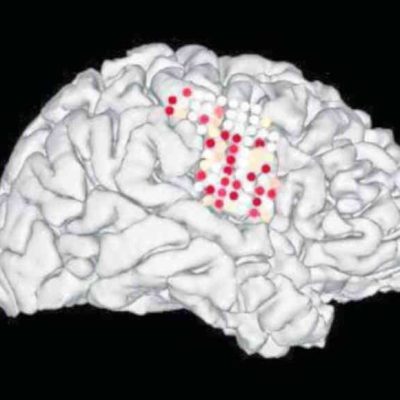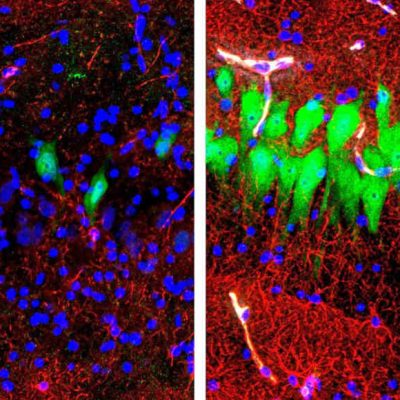Science Shop
Advertisement
Body’s opioids increase religious connection.
- By Geert Devenster
- . October 19, 2020
Religious rituals have been found to release opioids in the brain, significantly increasing the sense of connection between participants. These rituals, which involve synchronous movements,

Brain-Computer Implant: Neuralink
- By Geert Devenster
- . August 29, 2020
Elon Musk’s start-up, Neuralink, has demonstrated a brain-computer interface on a pig, with the aim of using the implant to treat diseases and injuries, such

Ginseng: Miracle Cure for Alzheimer’s?
- By Geert Devenster
- . April 10, 2020
A groundbreaking discovery has been made by scientists at the National University of Seoul, who have found that bacteria living in the soil can produce

Stronger Muscles, Stronger Nerves
- By Geert Devenster
- . January 6, 2020
Newcastle University researchers have published a study in the Journal of Neuroscience that shows that muscle training also strengthens the nervous system. The experiment involved

Boost Brain Power with Reading
- By Geert Devenster
- . September 25, 2019
Learning to read and write leads to a restructuring of the brain and improves cognitive abilities in other areas, according to recent research. While reading

Hydra stem cells reveal immortality secret.
- By Rolf Lewis
- . July 29, 2019
The Hydra, a freshwater animal from the cnidarian family, has been found to possess three stem cell populations that allow it to regenerate and age

Brain-Computer Interface Translates Neural Signals
- By Geert Devenster
- . April 26, 2019
In a groundbreaking study published in the journal Nature, scientists at the University of California in San Francisco have successfully converted neural signals into speech.

Revival of Brain Cells After Death
- By Geert Devenster
- . April 20, 2019
In a groundbreaking experiment, scientists at Yale School of Medicine have managed to partially revive a pig’s brain four hours after its death. Using the

Human gene inserted into monkey brain
- By Geert Devenster
- . April 20, 2019
Chinese and American scientists have successfully implanted the human gene MCPH1 into the brains of Rhesus monkeys. The gene is responsible for brain development, and

Genetic Mutation Reduces Sleep Needs
- By Geert Devenster
- . January 8, 2019
A new study by scientists at the University of California in San Francisco has identified a gene responsible for reducing the amount of sleep some









